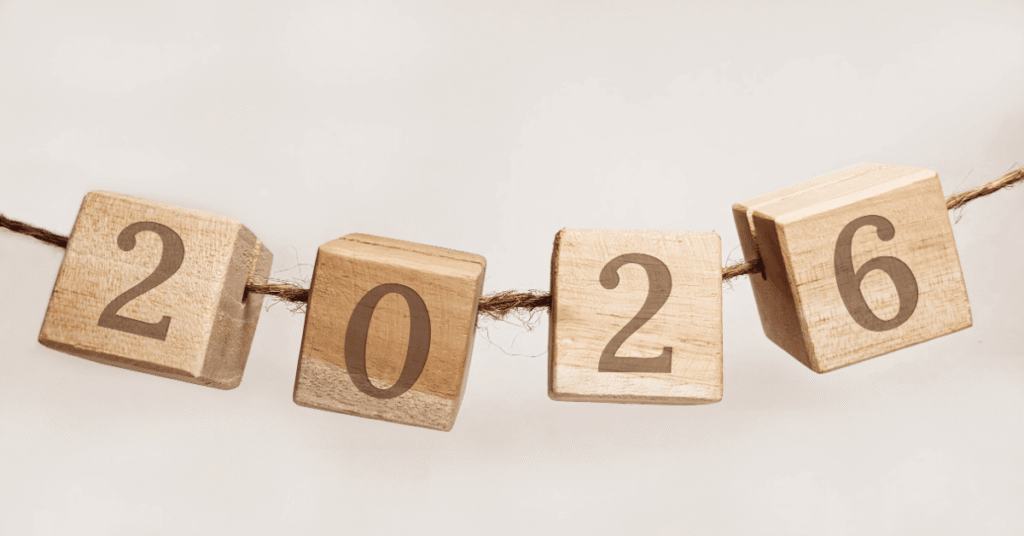by mark ballard
Capitol news bureau
January 20, 2013
Gov. Bobby Jindal is right about his theory that eliminating corporate and personal income taxes could spur business growth.
His lack of details led to a growth industry among so-called “think tanks” and “good government” groups, local and national, who have interpretations of Jindal’s tea leaves.
Locally, there’s the Council for a Better Louisiana, called CABL; the Public Affairs Research Council of Louisiana, or PAR; the Louisiana Budget Project; Louisiana Progress, to name a few. Nationally, the Tax Foundation, the Institute of Taxation and Economic Policy, and the Tax Policy Center are among those opining.
Abolishing corporate and individual income and corporate franchise taxes would remove about $3 billion from the state’s roughly $10 billion in annual revenues which, for almost five years, have not been enough to cover spending for government services. The governor, himself, has yet to mouth any words about the tax revamp in front of a public audience.
But Jindal’s aides have hinted that some sales taxes might be increased. And in a prepared statement Wednesday, the governor was said to be looking at the possibility, of maybe, perhaps, raising taxes on cigarettes, a proposal he opposed two years ago.
A state Department of Revenue press release Thursday labeled “Know the Facts” cites opinions of several special-interest groups. It uses capital letters to describe a state’s reliance on sales taxes as “MORE STABLE” and “MORE BENEFICIAL” than relying on income taxes. The release also states that Jindal would protect existing sales tax exemptions for groceries consumed at home, prescription medicines and residential utilities.
PAR organized a Tax Advisory Group, which on Tuesday released a report — “since public discussion is moving rapidly” — that articulated some of its early thinking. PAR made preliminary recommendations, such as creating a single sales and use tax administration system, and decreasing the significance of the “homestead exemption,” which protects homeowners from paying local property taxes on a portion of their dwellings.
CABL wrote in its release Thursday: “These types of changes will affect every taxpayer in the state. For individuals and legislators to make good decisions or develop informed positions, they have to have solid, reliable information that is trustworthy and as accurate as possible.”
The important thing to remember is that all the local and national groups weighing in on this issue have an agenda.
For instance, CABL and PAR both call themselves independent and bipartisan. But, the boards of directors of both are dominated by corporate executives, the lawyers who represent businesses, and others in the highly paid professional communities.
The Institute of Taxation and Economic Policy, based in Washington, D.C., reported that for Jindal’s income tax elimination to work, sales taxes would have to be increased, which would mean more taxes for 80 percent of the state’s taxpayers.
The Louisiana Revenue Department’s newly hired spokesman, Douglas Baker, a former aide to one-time GOP presidential candidate and current Fox News personality Mike Huckabee, told at least one reporter last week that he prefers that the Institute be described as “left leaning.”
Baker likes to quote, the Tax Foundation, another Washington, D.C.,-based group, which writes approvingly of Jindal’s plan. That group was founded in 1937 by executives from large companies, such as General Motors and the corporation now called ExxonMobil Corp. For years, it has advocated fewer taxes for businesses.
State Treasurer John N. Kennedy, through whose department the state’s revenues flow, made the best recommendation: Find out if Louisiana’s median households — with incomes of $41,734 annually — would pay more or less in taxes as a result of the tax overhaul. Then, determine if the amount of money raised by the proposed changes would cover the expenses of public schools, highways, and other vital government services.
But those calculations cannot be made until Jindal releases the details of his plan.
“We need to see the bill and we need to see the backup data,” Kennedy has said repeatedly, most recently on The Jim Engster Show, an interview program broadcast on WRKF-FM. “You don’t want to jump off this cliff without knowing how deep the water is.”
Mark Ballard is editor of The Advocate’s Capitol news bureau. His email address is [email protected].




